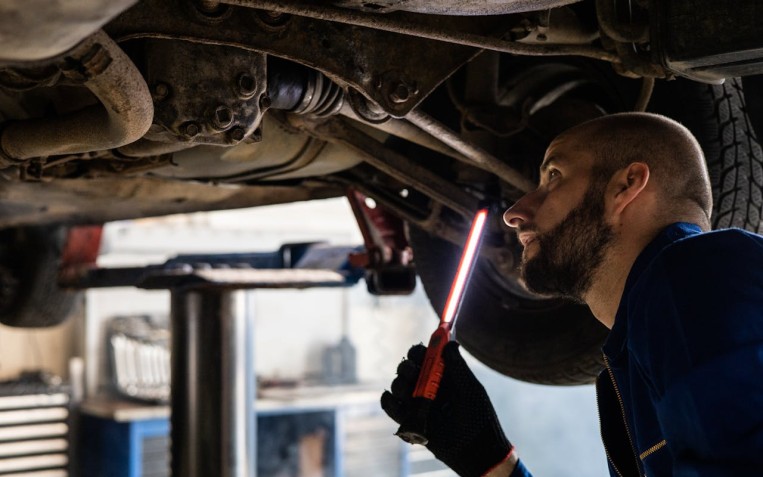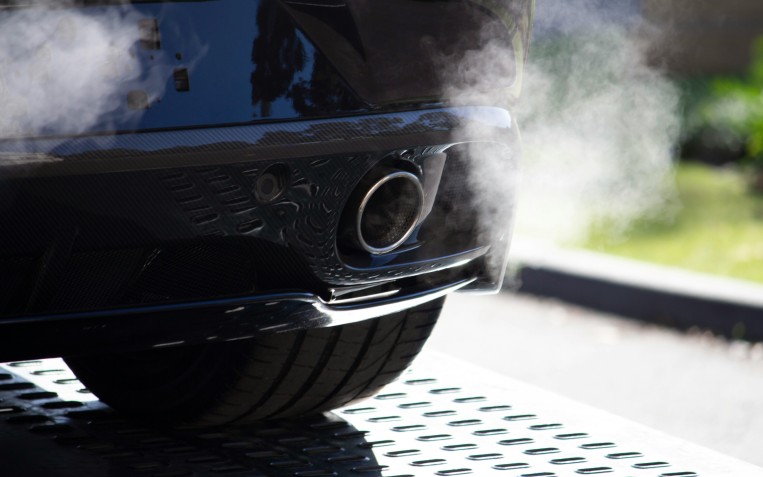MOT Grace Period Explained

Many drivers believe there is a 2-week grace period after your MOT has expired. This grace period supposedly allows you to drive your car without an MOT for up to 2 weeks after your last MOT has expired. But is there really a grace period, and what are the rules for driving without an MOT? Our guide answers these questions and more.
Is there a grace period for MOTs?
Unfortunately, the 2-week grace period is a myth. Once your MOT has expired, you are not legally allowed to drive the car - if you do, you could receive a fine of up to £1,000 and your vehicle could be impounded as outlined in Section 47 of the Road Traffic Act 1988. On top of this, driving without a valid MOT certificate may cause your insurance to be invalid, too - meaning you are not protected if any accidents happen. The only exception is if you?re driving to the test centre for a prebooked MOT appointment.
There is, however, a period before your MOT where you can have an MOT test and the renewal date will not change. This period is up to a month minus a day. For example, if your MOT is due to expire on the 22nd June, you can book a test from 23rd May and keep the 22nd June as your renewal date for next year.
COVID-19 MOT grace period
Although the grace period, as it is traditionally understood, is a myth, during the COIVD-19 pandemic, an MOT grace period was introduced. This was a 6-month extension for people whose MOTs expired between the period of March 30, 2020 and July 31, 2020. This was introduced as many garages closed their doors to protect staff and customers alike.
However, this grace period was not renewed after the 31st July 2020. The last vehicles that were affected by this should have had an MOT by January 2021. This means that currently, there is no grace period - COVID related or otherwise.
As the MOT grace period is a myth, you need to book an MOT quicker than expected! Book an MOT online today with PTA Garages or visit us at one of our local centres.
Related Content

What is the difference between Class 4 and Class 7 MOTs?
A Class 4 MOT test is required for passenger vehicles that weigh less than 3,000 kilograms. Class 4 MOT tests, cover a wide range of vehicles, including: Cars (with up to eight passenger seats) Ambulances Taxis Mot...

Why do MOT tests include an exhaust emissions test
In 2023, 3.2% of all MOTs failed due to noise, emissions and leaks according to data from the DVLA. MOT tests include emissions tests to prevent a hig...

Do EVs need an MOT?
One of the benefits of making the switch to an electric vehicle is the many money saving incentives like not having to pay road tax, or for your car t...

